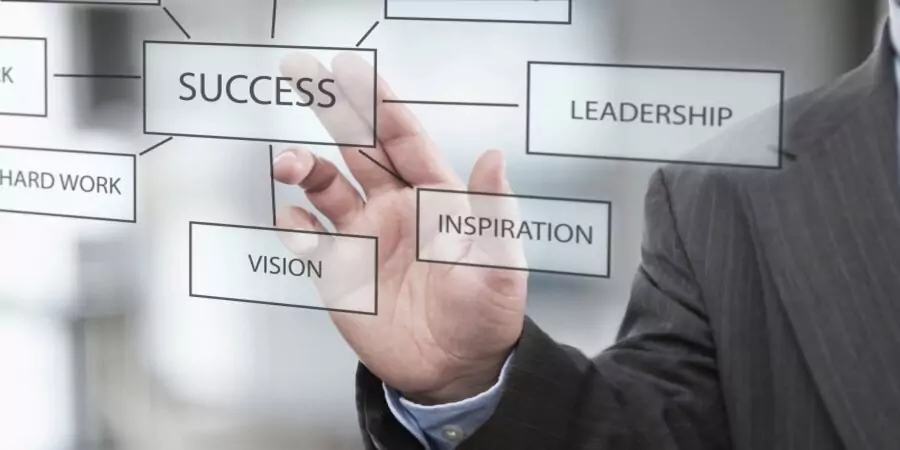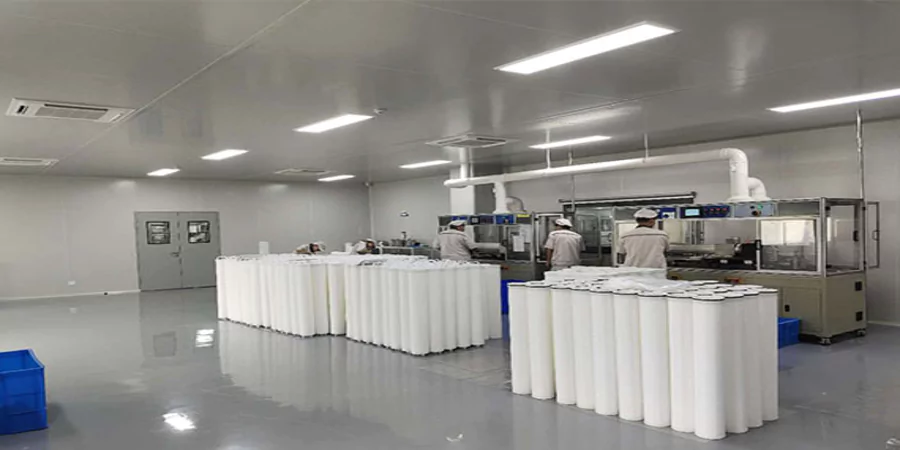Leadership development has become a critical investment for organizations and individuals alike. According to a 2024 Deloitte Global Human Capital Trends report, 86% of executives cite leadership development as an urgent priority, yet only 14% feel confident in their leadership pipeline. Leadership development camps have emerged as immersive learning environments where participants don’t just learn leadership theories they practice them in real-world scenarios. These intensive programs combine experiential learning, peer collaboration, and structured reflection to build competencies that translate directly into workplace and community impact. Here’s an evidence-based look at the ten most valuable skills these programs cultivate.
Why Experiential Leadership Training Outperforms Traditional Methods
Before diving into specific skills, it’s important to understand why leadership development camps prove more effective than conventional classroom training. Research from the Center for Creative Leadership shows that experiential learning where participants engage in activities, reflect on outcomes, and apply insights produces 80% better retention than lecture-based approaches. Camps create psychologically safe environments where participants can experiment with leadership behaviors, receive immediate feedback, and adjust their approaches without real-world consequences.
This learning methodology aligns with David Kolb’s Experiential Learning Theory, which emphasizes the cycle of concrete experience, reflective observation, abstract conceptualization, and active experimentation. Leadership camps operationalize this cycle through structured activities that demand authentic leadership responses.
Communication Skills: From Theory to Authentic Connection
Multi-Modal Communication in High-Stakes Environments
Effective communication extends far beyond public speaking. Leadership development camps cultivate three critical communication dimensions: verbal clarity, non-verbal awareness, and adaptive messaging. Participants engage in scenarios requiring them to brief teams under time pressure, deliver difficult feedback, and facilitate group discussions with competing viewpoints.
According to research published in the Journal of Leadership Studies, leaders who demonstrate communication adaptability adjusting tone, complexity, and style based on audience needs achieve 40% higher team satisfaction scores. Camp environments simulate this complexity through diverse group compositions, forcing participants to recognize communication barriers and develop strategies to overcome them.
The practice extends to digital communication literacy, increasingly vital in hybrid work environments. Many modern camps incorporate virtual collaboration tools, teaching participants to lead effectively across geographic and cultural boundaries.
Teamwork and Collaboration: Building High-Performing Groups
Understanding Team Dynamics Beyond Surface Cooperation
Leadership Development Camps move beyond simple “team-building exercises” to explore the science of group effectiveness. Participants learn to recognize team development stages (forming, storming, norming, performing) and apply appropriate leadership interventions at each phase.
Camp facilitators introduce frameworks like Patrick Lencioni’s Five Dysfunctions of a Team, helping participants identify trust deficits, fear of conflict, and lack of commitment within their temporary camp teams. Through structured debrief sessions, participants analyze what worked, what didn’t, and why developing the metacognitive skills necessary for continuous team improvement.
Google’s Project Aristotle research revealed that psychological safety the belief that one can take interpersonal risks without punishment predicts team success more than individual talent. Leadership camps explicitly build this safety through vulnerability exercises, shared challenge experiences, and norm-setting activities that model inclusive team cultures.
Problem-Solving Abilities: Developing Structured Thinking Under Pressure
Complex problem-solving distinguishes effective leaders from managers who simply execute predetermined plans. Leadership development camps present ill-structured problems challenges without clear solutions, incomplete information, and time constraints that mirror real organizational dilemmas.
Participants learn systematic problem-solving frameworks such as the OODA Loop (Observe, Orient, Decide, Act) and design thinking methodologies. A 2023 study in the Leadership Quarterly found that leaders trained in structured problem-solving approaches made 35% faster decisions without sacrificing quality compared to untrained peers.
Camp scenarios often involve resource constraints building structures with limited materials, navigating courses with restricted information forcing participants to prioritize, innovate, and iterate. These experiences develop cognitive flexibility and tolerance for ambiguity, essential capabilities in today’s volatile business environment.
Decision-Making Skills: Balancing Speed and Quality
Understanding Decision-Making Biases and Frameworks
Poor decisions derail more leaders than lack of knowledge. Leadership camps create controlled environments where participants make consequential decisions route selection during wilderness navigation, resource allocation in simulation exercises, personnel choices in team competitions and immediately experience outcomes.
Facilitators introduce cognitive bias awareness, teaching participants to recognize confirmation bias, anchoring effects, and groupthink. This metacognitive training proves invaluable. Research from McKinsey & Company demonstrates that teams trained in bias recognition make 20% better strategic decisions than untrained counterparts.
Camps also teach decision-making frameworks appropriate for different contexts: rapid decision-making under uncertainty, collaborative consensus-building, and data-driven analytical approaches. Participants learn when each methodology applies, developing judgment alongside technical skills.
Emotional Intelligence: The Foundation of Sustainable Leadership
Daniel Goleman’s research established emotional intelligence (EQ) as a better predictor of leadership success than IQ. Leadership development camps provide intensive EQ development through three mechanisms: self-awareness activities, interpersonal feedback, and emotional regulation practice under stress.
Participants engage in 360-degree feedback processes, receiving honest input about their emotional impact on others. Camp environments with their physical challenges, group conflicts, and high-stakes activities naturally trigger emotional responses that participants learn to recognize and manage constructively.
According to TalentSmart research, 90% of top performers possess high emotional intelligence. Leadership camps accelerate EQ development by compressing emotionally intense experiences into short timeframes, creating rapid learning cycles impossible to replicate in traditional settings.
Adaptability and Flexibility: Leading Through Uncertainty
The only constant in modern organizations is change. Leadership development camps deliberately introduce unexpected challenges weather changes during outdoor activities, modified rules mid-exercise, sudden team composition shifts requiring participants to adjust strategies on the fly.
This controlled chaos builds adaptive capacity. Research from Harvard Business School shows that leaders who demonstrate adaptability during organizational change maintain team productivity 45% better than rigid leaders. Camp experiences provide the repetition necessary to make adaptive thinking automatic rather than effortful.
Participants also explore growth mindset principles, learning to view challenges as development opportunities rather than threats. This psychological reframing proves essential for sustaining leadership effectiveness across career transitions and organizational transformations.
Confidence Building: Earned Self-Efficacy Through Mastery
Genuine confidence stems from competence, not positive affirmations. Leadership camps build what psychologist Albert Bandura termed “self-efficacy” the belief in one’s capability to execute behaviors necessary for specific outcomes. They achieve this through progressive challenge sequencing: participants tackle increasingly difficult tasks as their skills develop.
The outdoor components of many leadership camps provide particularly powerful confidence-building experiences. Successfully navigating a challenging ropes course or leading a team through wilderness terrain creates visceral proof of capability that translates into professional self-assurance.
Research in the Journal of Applied Psychology confirms that mastery experiences successfully performing challenging tasks produce more sustainable confidence gains than vicarious learning or verbal persuasion alone.
Time Management: Strategic Prioritization for Leaders
Leadership demands more than personal time management; it requires strategic prioritization across teams and projects. Camps teach Eisenhower Matrix thinking (urgent vs. important), energy management principles, and delegation frameworks through compressed schedules requiring participants to make explicit trade-off decisions.
Participants learn that effective leaders don’t do more; they ensure the right things get done. Camp schedules deliberately create time scarcity, forcing groups to prioritize objectives, allocate limited resources, and accept that not everything can be accomplished a crucial lesson for preventing leader burnout.
Goal Setting: Creating Clarity and Accountability
Leadership Development Camps teach SMART goal methodology (Specific, Measurable, Achievable, Relevant, Time-bound) through practical application. Participants set personal development goals at camp beginning, receive coaching on goal quality, and assess progress through structured reflection.
Research from Dominican University of California shows that people who write down goals and share them with others achieve 76% higher success rates than those with unwritten goals. Camps institutionalize these success factors, creating accountability structures and measurement systems that participants can replicate professionally.
Leadership Styles: Developing Situational Leadership Capability
Effective leaders don’t apply one style universally they adapt approaches to situational demands and team maturity. Leadership camps introduce various leadership models: servant leadership, transformational leadership, situational leadership, and authentic leadership. More importantly, they create contexts where participants experience which approaches work best under different circumstances.
Through rotating leadership roles in multi-day activities, participants discover their natural tendencies while practicing alternative styles. This experimentation develops leadership flexibility the ability to shift approaches as contexts demand.
Translating Camp Learning Into Career Impact
The true measure of leadership development camps lies not in the experience itself but in sustained behavioral change afterward. High-quality programs include post-camp integration support: follow-up coaching, peer accountability groups, and structured opportunities to apply new skills in professional contexts.
Organizations that invest in leadership development camps for emerging leaders report 25% higher retention rates and faster promotion velocity among participants. For individuals self-funding their development, camp experiences provide networking opportunities, credential enhancement, and competitive advantages in leadership role selection.
Ready to accelerate your leadership development? Research programs that align with your goals, offer evidence-based curricula, and provide post-program support structures. Your investment in experiential leadership learning compounds throughout your career, creating returns that extend far beyond the camp experience itself.
















